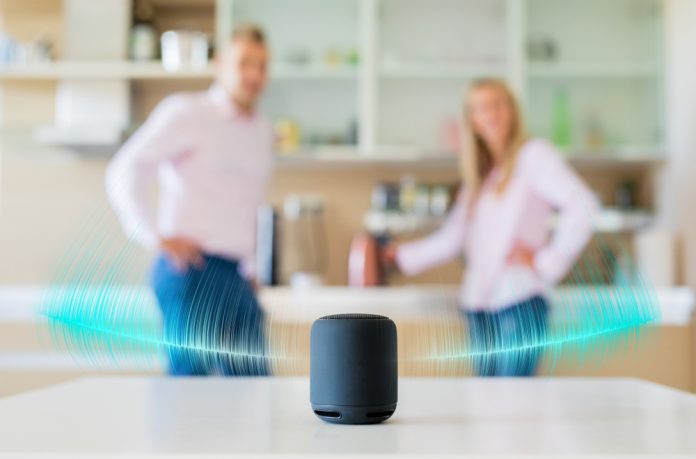With the rapid development of AI technology, voice-controlled smart speakers are becoming increasingly popular due to their convenience and ability to control compatible home devices.
Despite the rise in use, smart speakers often do not have screens and provide little to no visual information feedback, which is common to manually operated devices.
This aspect complicates their usability and provides room for research and subsequent improvement.
Therefore, a research team led by Dr Toshihisa Doi, a lecturer at Osaka Metropolitan University’s Graduate School of Human Life and Ecology, recruited 39 young adults (22 males and 17 females) who had never used smart speakers to evaluate the learnability of VUIs (voice user interfaces).
The rise of smart speakers in the world of modern tech
Commercial smart speakers equipped with AI-based voice assistants (VA), such as Google Home, Amazon’s Alexa, and the Apple HomePad, have been gaining popularity.
Voice interaction is one of the most popular technological fields in consumer electronics and is expected to become increasingly widespread.
One of the main features of these commercial smart speakers is that they can control related home appliances through wireless connectivity and are mainly operated by a voice user interface.
A VUI is an interface in which the user interacts with a device using their voice, allowing for natural, conversational operation without using hands or eyes.
Some smart speakers are equipped with screens; however, in most cases, it is assumed that they can be operated with little or no graphical user interface.
Specifically, the VUI is used to search for information on the Internet, play music in conjunction with a music application, and operate compatible home appliances (e.g., turn on/off lighting).
However, there are still many usability problems with these VUI operations with smart speakers and smartphones.
The study identified common issues with VUI usability
The participants were tasked with evaluating how a new user learns to operate VUIs and identify their usability problems.
In the experiment, participants were asked to perform ten operation tasks on the smart speaker under four conditions that combined voice or remote operation with and without a display screen.
The usability of the smart speaker was analysed in terms of task completion time, task completion rate, number of errors, subjective evaluation, and retrospective protocol analysis.
The results of the usability evaluation showed that although the user became proficient to some extent after two to three tries under all conditions, the degree of usability remained the same.
Lack of feedback from the system and distrust of the system due to response errors possibly contributed to usability issues.
Dr Doi explained: “These results will contribute to improving the usability of the ever-developing smart speakers.
“Though it is important to consider the technical aspects as the number of new products and services rise, we would like to continue our research to improve the usability and adoption of these technologies so that even those unfamiliar with them can enjoy their convenience without being left behind.”









